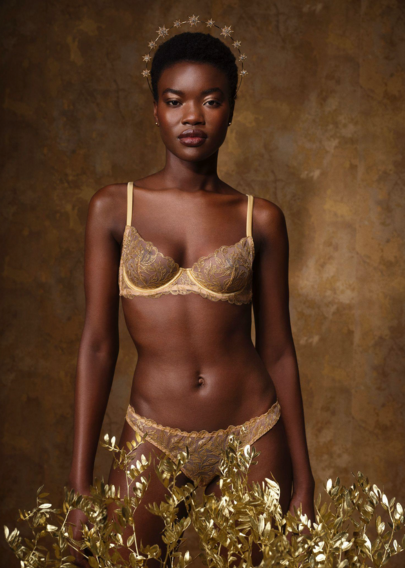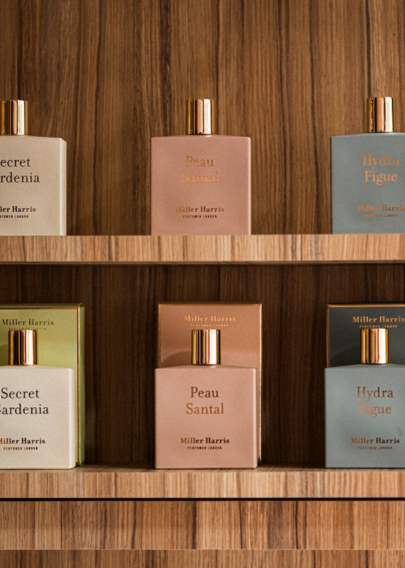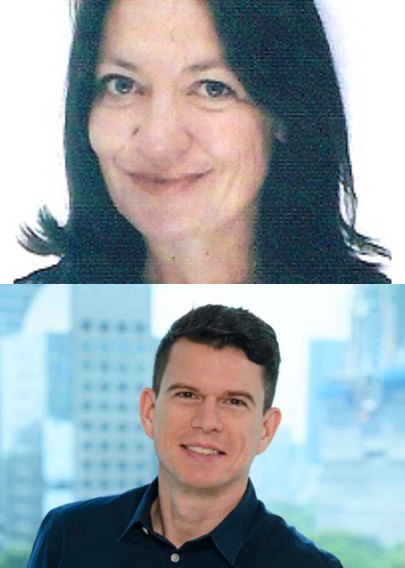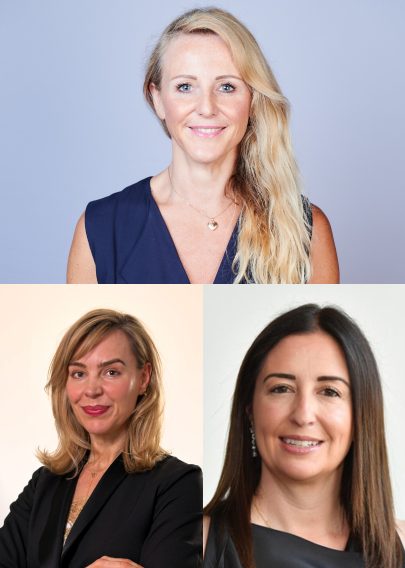As our first Positive Luxury Awards ceremony approaches, we caught up with our panel of judges to gather their thoughts on the current state of the luxury industry and what they see as the future of sustainability. Read on to hear from Arizona Muse, Isabelle Lefort, Simone Cipriani and six other experts who are hard at working selecting this year’s winners.
Amber Valletta, model, actor and activist
“Today, I am driven by my belief that we can create a better world. I believe that there has never been a more critical time than now to truly change our planetary experience as a collective. I think it is good to acknowledge to people who make great strides in uplifting the lives or conditions of others be it animals, people or the environment. It give us all hope when we see our fellows being courageous or generous.”
Frances Corner, OBE and member of the British Fashion Council’s advisory board
“The luxury industry has all the credentials to take a lead on the sustainability conversation. A focus on hand-crafted products, made slowly and with high-quality materials means luxury products can last a lifetime, reducing waste and protecting our environment. Big industry brands have also taken important steps to cut out cruelty in their supply chains and to use more sustainable materials. I hope this will pave the way for similar changes across the industry, and that we’ll also see brands prioritising the people who make their products.”
Isabelle Lefort, Journalist, author and founder of Paris Good Fashion
“For many years, anybody in the fashion industry refused to talk about sustainability. It’s for this reason that in 2012 I decided to leave the sector to be more involved in NGOs and concrete actions. We’ve made a lot of improvements [since then] but at the same time, violence against women is still and more and more important [to combat]. It’s a sad era for women’s rights. We need to continue to fight for our rights.”
John Elkington, Environmental author and advisor
“Capitalism cannot be left to its own devices. In some ways it is like a set of nuclear reactions that have to be contained by the market equivalents of lead, concrete and sophisticated security and monitoring systems. As we emerge from the (Milton) Friedman era of single bottom line monomania, markets will need to be regulated, shaped and incentivised in new ways. Most politicians don’t yet get that. Their successors will.”
Arizona Muse, model and activist
“I like to focus on a solution, because there are so many solutions to this problem. There are so many things we can do, and brands just need to move faster and get there more quickly. One point I like to make is that all this incremental change we’re talking about, it would have worked really well 35 years ago. But since we didn’t do it 35 years ago, we now have to do everything at once. Which will be more expensive than it would have been, but it’s a natural penalty on the procrastination.”
Jaime Nack, President of Three Squares Inc.
“False claims of eco-friendliness, otherwise known as ‘greenwashing,’ effectively and wrongly appeal to consumers seeking green products. In an attempt to make environmentally-driven choices, consumers are drawn to products that strategically use these eco buzzwords. Then, by purchasing these seemingly responsible products, consumers often think that they are doing their part in reducing their environmental impact. I appreciate groups like Environmental Working Group (EWG), Positive Luxury, Green Seal, and others that help to vet products in order to research the ‘eco’ claims of each one and help provide consumers with additional information.”
Simone Cipriani, Officer of the United Nations
“When innovation happens, you witness incredible things. It was in Kenya that I first saw cash transfers via mobile phones, while in Europe this was still science fiction. I have encountered many projects in emerging economies that recycle plastic and then shape it using 3D printers, and use other types of innovative techniques.”
Elisa Niemtzow, Managing Director of Consumer Sectors at Business for Social Responsibility
“It’s urgent for businesses to act to protect our world and the precious raw materials many rely on. Companies can start by measuring their impacts on biodiversity, identifying their hotspots, and changing their sourcing practices. These may be linked to agriculture, oceans, or forests. An easy action to take is to protect forests, families, and biodiversity through a REDD + project.”
Emma Young, Communications consultant and writer
“Environmental issues are often complex with no one clear ‘best’ option, but that is no excuse for deliberately misleading customers. Those who do bring the whole marketing profession into disrepute while undermining every genuine effort to lessen negative impacts and change buying behaviour. With so much information and professional advice readily available these days, there really is no excuse for greenwashing. Although, I think we should call it for what it is: lying to customers.”
< Back








